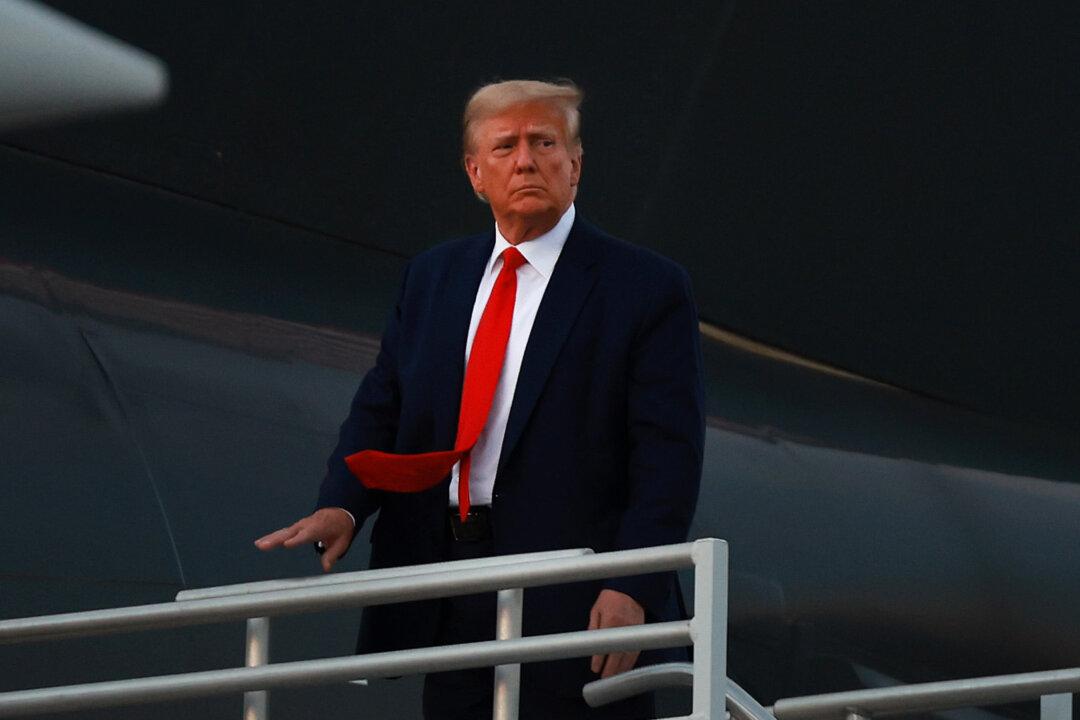Former President Donald Trump waived his right to a speedy trial in the Fulton County, Georgia, case that charged him and 18 others with violating the state’s Racketeer Influenced and Corrupt Organizations Act (RICO) when they challenged the 2020 election results.
Two codefendants have already demanded a speedy trial, and Judge Scott McAfee has ordered their trials to be merged and begin on Oct. 23, the date Fulton County District Attorney Fani Willis has proposed. The judge said this timeline would not apply to any of the other defendants.





